The highest decision-making body of AfricaÔÇÖs largest sub-regional research organization, CORAF has unanimously approved a new ten-year plan opening up a new era in the research and development sector in West and Central Africa.
Meeting in the Senegalese capital, Dakar on Tuesday, April 11, 2018, the General Assembly approved changes to transform the agriculture economy of the West and Central Africa sustainably.
The plan prioritizes the upscaling of innovative technologies and most importantly accelerating the adoption of existing technologies. Other major priorities include facilitating trade and access to markets, reducing gender disparities as well as promoting youth employment.
Total cost for the implementation of this plan is estimated at USD 60 million for the next five years.
ÔÇťToday marks a good day for CORAF in the sense that its stakeholders have found consensus on what it wants to do to contribute to the prosperity, food and nutrition security of West and Central Africa,ÔÇŁ says Dr. Abdou Tenkouano, Executive Director of CORAF.
ÔÇťNormally, we should be delighted. But the enormity of the task ahead of us means we cannot afford a break. We immediately have to turn our attention to mobilizing the right partnerships to deliver innovative solutions to help improve the livelihoods of our people.ÔÇŁ
The 23 economies of West and Central Africa face high unemployment rates, particularly among youths. Food and nutrition insecurity, climate change, gender disparities, and massive migration of youths to unknown destinations remain pressing challenges. Governments look up to the agriculture sector and particularly research for solutions to these hurdles.
The adoption of the new plans marks the end of a long process during which hundreds of actors in governments, the research community, the private sector, farmer groups, and the civil society were consulted.
Also read:
- Invest in Research, Anticipate Challenges, Generate Useful Solutions, Senegalese Minister
- CORAF to Hold General Assembly in Dakar
- USAID Supports CORAF to Reform Itself
What is CORAF?
CORAF is an international non-profit association of national agricultural research systems (NARS) of 23 countries, covering over forty percent of AfricaÔÇÖs population, thus making it the largest sub-regional research organization on the African continent. It was created in 1987. Before that, most NARS were weak and had limited research capacities and mostly worked in isolation. The main mandate assigned to CORAF then and now is to coordinate research and development activities in West and Central Africa. By working together, there are higher chances of developing groundbreaking and cutting-edge research outputs needed to unlock the agricultural potential of both regions.
What does CORAF do?
Leading agricultural innovation through research is central to what CORAF does. The Dakar-based research organization works collaboratively with national agricultural research systems and through regional centers of excellence to effectively tackle transversal, cross-border, and regional challenges.
What are some of its Achievements in the Region?
Under the West Africa Agriculture Productivity Program (WAAPP) which was funded by the World Bank, CORAF facilitated the generation and dissemination of over 400 technologies since 2008. The WAAPP, ranked second best-performing project by the World Bank in 2016, benefitted about 9 million people directly and 49 million people indirectly.
With many African agricultural researchers nearing retirement, the WAAPP has been able to train more than 1000 young researchers to continue to advance the agricultural research agenda in their countries.
Under the West Africa Seed Program (WASP) which was funded by USAID between 2011-2016, CORAF supported participating countries to adopt harmonized seed regulations in view of facilitating the access of quality seeds by farmers. Business models for agribusinesses are now available while actors in the private and public sector are now working together to ensure up-scaling of seed production and distribution needed for the transformation of agriculture in West Africa.
Overall, in the 30 years of the existence of CORAF, it has provided leadership and facilitation support to develop shared research goals in West and Central Africa.
ÔÇťWe donÔÇÖt say it often, but one of CORAFÔÇÖs main successes during the past 30 years has been to pull researchers from English, French, and Portuguese-speaking countries to work together to solve common regional challenges,ÔÇŁ says CORAFÔÇÖs Executive Director.
 English
English
 Fran├žais
Fran├žais 
